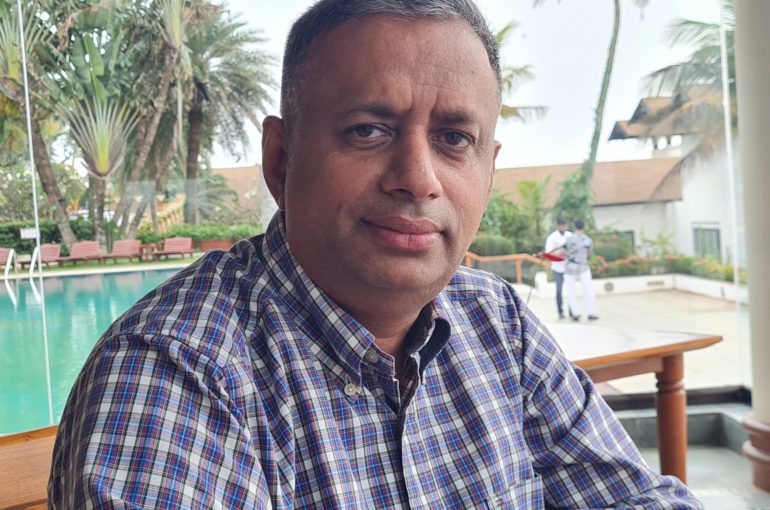With Law Qube, we are aiming to digitize the legal process in India: Mathew Philip
With Law Qube, we are aiming to digitize the legal process in India: Mathew Philip

New Delhi | There are a very few companies today who are trying to bring about a difference in the justice and legal system in India. Mathew Philip, with his company ‘Law Qube’, is one of the few such individuals who are aiming to bring about a steady change and digitize the legal process.
In an exclusive interview with TheBOTStory.com, Philip shared his thought process, challenges, and triumphs that have shaped his journey.
“I worked in the technology field for almost 18 years before starting Law Qube. We were primarily involved in services, focusing on the global market. In my previous assignments, I worked in the Middle East, the US, the UK, and some parts of Europe and Africa,” Philip said.
When asked about how the idea of Law Qube came about, Philip explained that coming from an engineering background, he wanted to bring about a change in the way the justice system operates.
“If you look at it in detail, governments and the judiciary lag behind in adopting technology. There is only NIC (National Informatics Centre) there. NIC mainly covers the Supreme Court, and they have done a commendable job given the size of the country and their starting point. System changes and adaptation are not easy on this scale when considering our country. It’s a pressing requirement all around. Gartner, KPMG, etc., all state that the next major development and digitization initiatives will happen in the government sector, particularly the judiciary,” Philip said.
Philip added that Law Qube is an enterprise application software provider, Qourt Software Framework, that can handle comprehensive back-end automation, with different frontends and websites and the mobile app also being part of it.
When asked about how soon he expected maximum digitization across courts in India, Philip said, “NIC will continue to do what they are doing, but there is still a lot more left to do. Even NIC encourages peripheral systems to be implemented by third parties. Also, we are working with some of the PSUs. We will focus on the peripheral systems initially and wait for maybe three to five years to see how things progress here in India. It needs the will of the government, the judiciary, and the executive. I always say that this type of project has to be driven from the top and then gain consensus from people worldwide.”
The Law Qube founder further added that they are also exploring partnerships with corporates, law firms, and banks. He mentioned that the company is open to holding talks with government departments, highlighting the encouraging response from the Kerala government.
“We have started conversations with the Central government as well because we have been in discussions with the Supreme Court, the Committees, and all that. But right now, they are more inclined towards the NIC approach. In that sense, we are not putting a lot of focus there, but we have other areas to explore, like lower courts and different types of courts where NIC won’t be able to reach overnight,” Philip opined.
Lastly, when asked about how much digitization of the legal system he expects in the near future, Philip predicted that it could reach up to 50% in about 7 years.”


